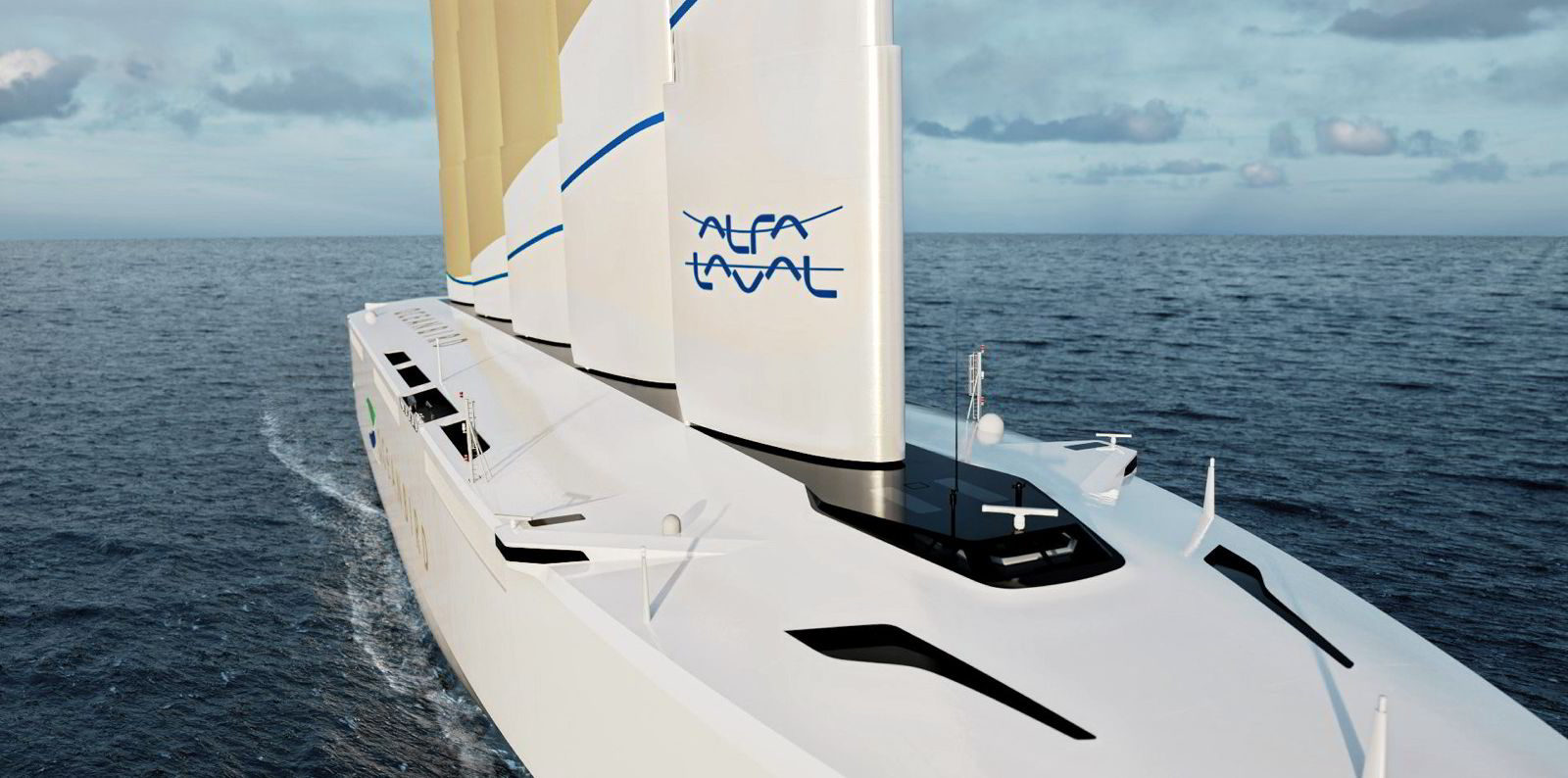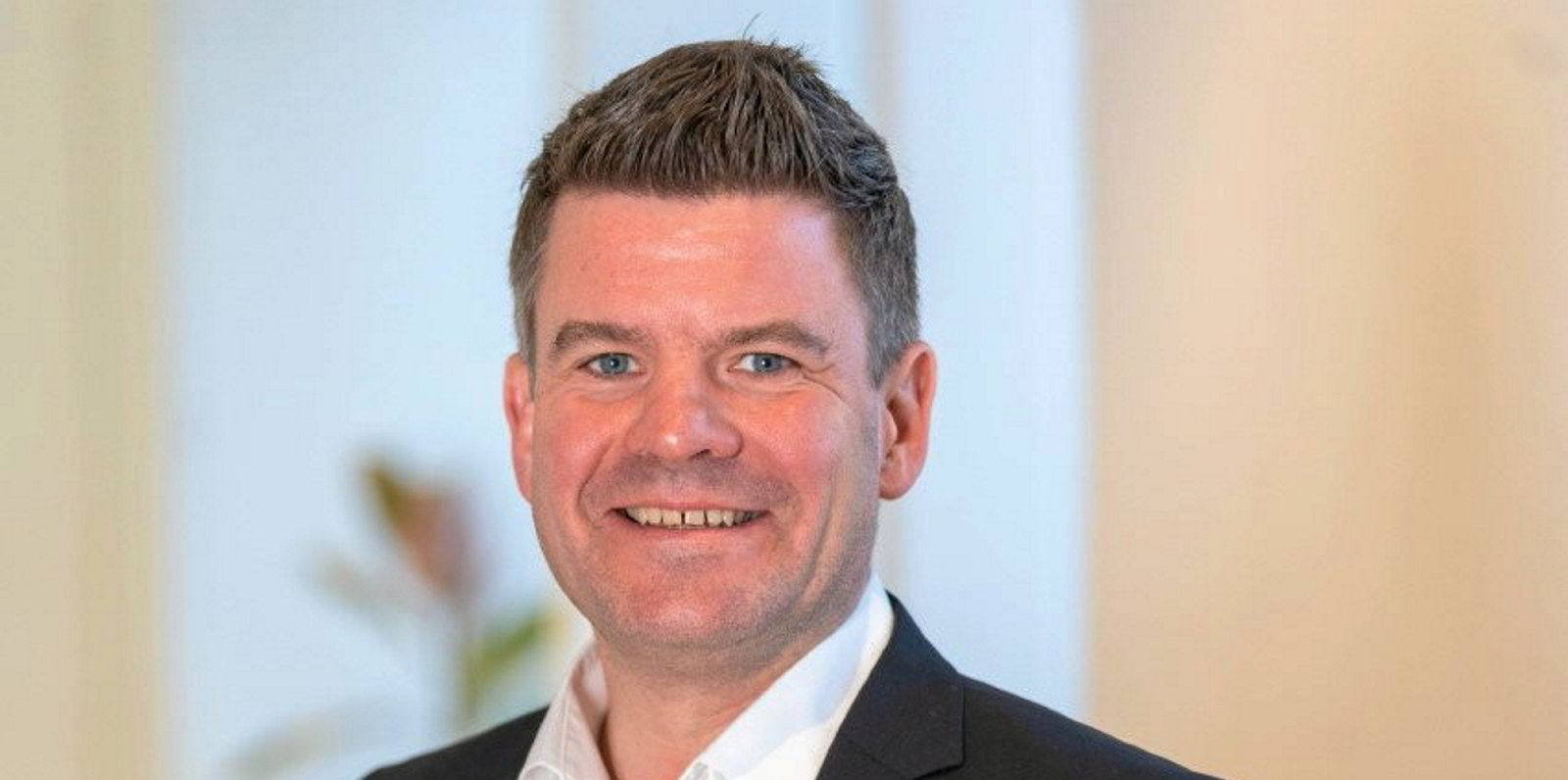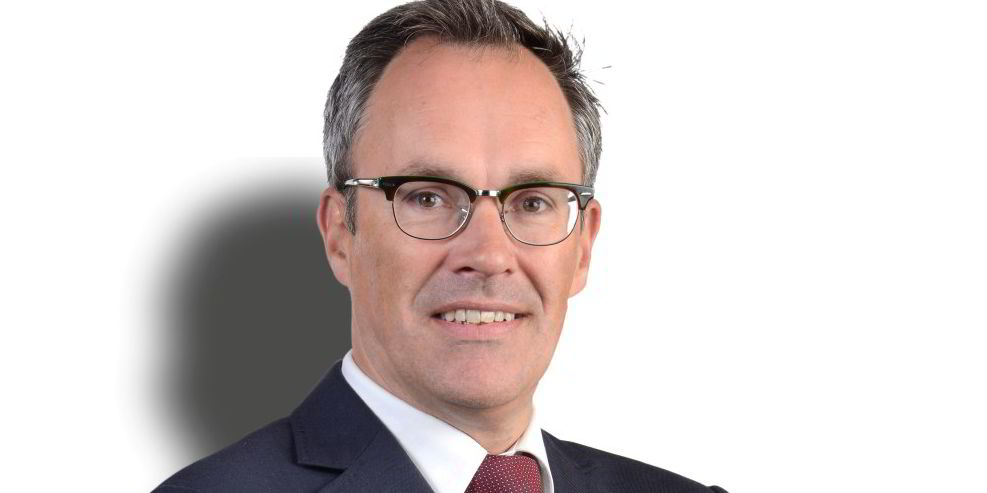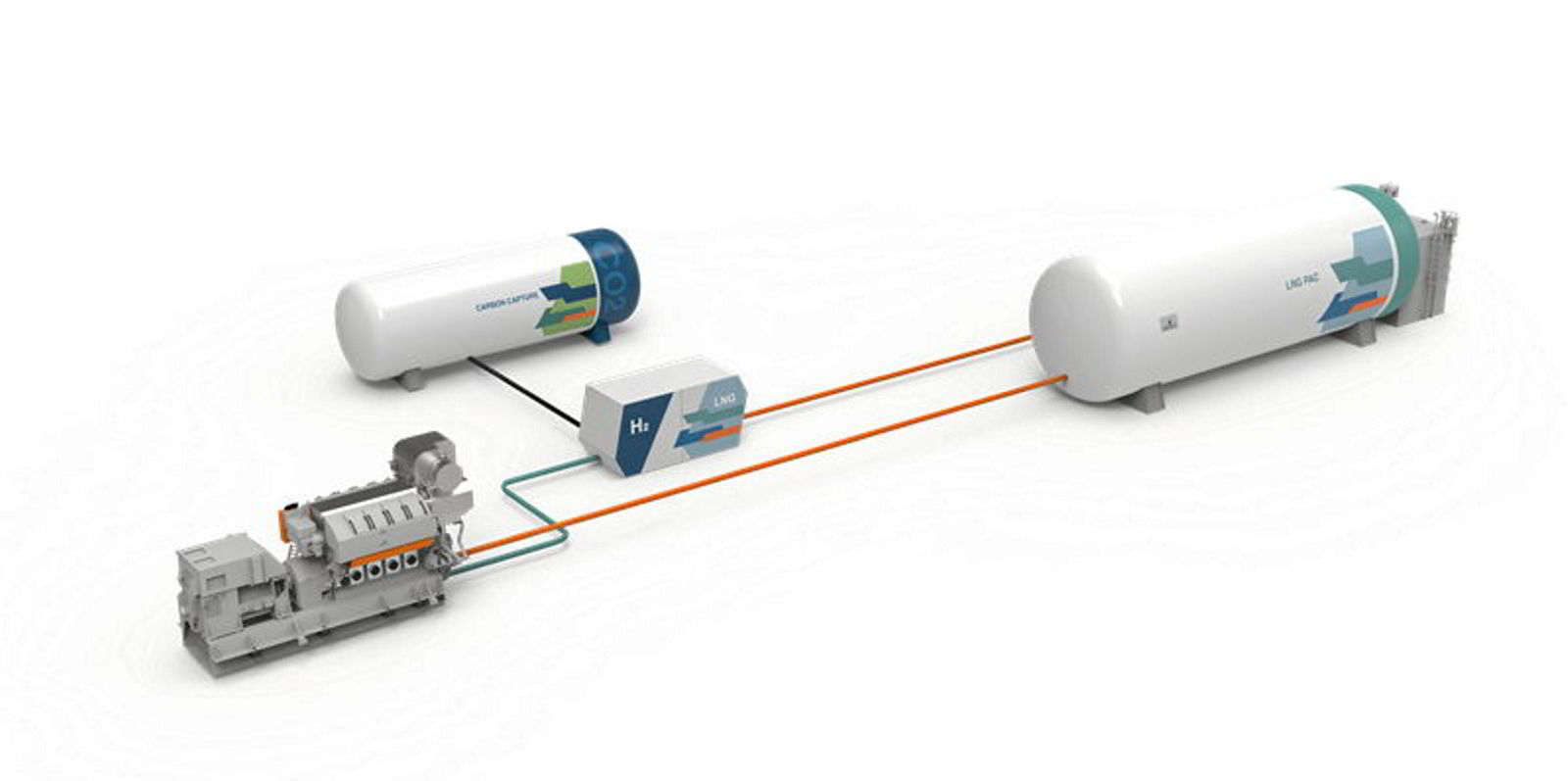The question of emissions reduction was a major reason for Lasse Kristoffersen swapping his chief executive role at Torvald Klaveness for the top job at Wallenius Wilhelmsen.
Shifting from bulkers to car carriers means he will have to move more quickly on decarbonisation issues.
"Of course, we all own a car and we all see what's going on in the world of driving and transport," Kristoffersen told TradeWinds.
"That's one of the challenging and interesting aspects."
As cars move from hybrid to electric and other fuels, he said the car carrier sector is facing an industry that is moving on emissions before most of the other industries that Klaveness serves.
"Both technology and decarbonisation move quicker, so to me that's a big opportunity," Kristoffersen said.
A bigger platform
"I truly believe we as business leaders need to make a difference on decarbonisation and this platform gives me an even bigger opportunity to do that."
Kristoffersen is not making the move to Wallenius Wilhelmsen until late spring next year.
Asked what plans he has for the company's car carriers in terms of reaching net zero, he told TradeWinds: "Well I don't think it's up to me to make the plans for them yet, and I'm very humbled that I don't know this business."
Wallenius Wilhelmsen chairman Rune Bjerke said Kristoffersen tells a story that he was one of the first people, if not the first, to drive a Tesla car in Europe.
Bjerke, the former chief executive of DNB Bank, added that this helped demonstrate the Klaveness man's commitment to technology and emissions reduction.
"We all have the same targets," he said. "It's about searching for the best solutions out there."
He explained that sail power is one exciting avenue the car carrier company is exploring.
"But we see a need to do a lot more together with our partners," Bjerke said.
Additional expertise

"I believe we now have a new CEO that can add additional expertise and also ambitions to our sustainability targets," he said.
Governments attending last week's International Maritime Organization Marine Environment Protection Committee (MEPC) have been criticised for failing to agree on key climate-change initiatives.
The IMO said it would revise its decarbonisation targets but did not commit to a statement that it would aim at net-zero greenhouse gas emissions from shipping by 2050.
The IMO also agreed that a proposal for the establishment of a $5bn International Maritime Research Fund, through a $2-per-tonne levy on fuel, requires further deliberation.
Kristoffersen, speaking in his capacity as chief executive of Torvald Klaveness, told TradeWinds: "I'm truly disappointed."
"How can an organisation like that not make the decisions that everybody knows they will make?
"It's not up to our industry to decide we need to reach zero by 2050 — society decides and they have decided.
"I think, unfortunately, we did not see the leadership this industry deserved."






